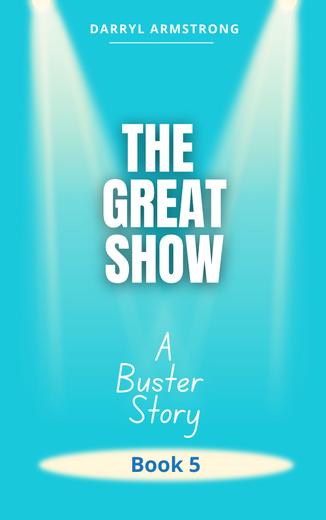
Age:
Middle School
Reading Level: 5.0
Chapter 1
Those of us who were poor in farming communities didn’t feel the effects of the Great Depression much. Not nearly as much as city folks did.
We were used to growing our own food. Everyone hunted and fished, canned, preserved, and traded food.
We did not have money, but rarely did we go to bed hungry.
If the bank would have stayed off our front porch, we may have gotten through the worst ten years in American history with fewer scars.
Unfortunately, my parents, Buster’s parents, and most of the community had mortgages to pay. During this time, foreclosures became commonplace. Almost ordinary events.
As the bank acquired more and more properties, they began softening their approach.
The county bank had been calling Buster’s parents for two weeks. Everybody in town knew about the problem.
In small towns there are very few secrets and lies do not last long.
Because so many of the people in the county were in the same boat, Frances and Lafayette spoke openly to their friends about their shortages.
“At least I still have my railroad job,” Lafayette told his neighbors. “But they have really cut back on my hours. People can’t afford to ride the rails right now.
“Frances still works on and off with the infirmary outside of town. But money is tight because of Pop’s illness. Medical bills are high. We are definitely short on money.”
Chapter 2
Buster and I rarely ate school lunches during this period. Like many other students, we couldn’t afford lunch money. So, we brought a sandwich or piece of fruit, and that was lunch.
The summers made it easier to eat because the fields around town were filled with ripe vegetables and fruits. We ate everything from apples to corn to potatoes in the woods behind the farms.
Winter was more difficult since crops were dormant, and food was scarcer. Bears aren’t the only things that sleep in winter. Crops do too.
Lines of men, women, and children from the cities came through our town. But work had not been available for a long time. Locals weren’t able to spare extra food or clothing.
During the winter of 1932 I heard the feared phrase come out of Buster’s mouth: “You know…
“We could help some of the folks who are starving if we got more people around here to share.
"I mean, look at Miller’s dairy. They have extra milk, eggs, and all kinds of food.”
Buster had a faraway look in his eye as he spoke. “I’ve got an idea of how we can get some food for the hungry people who stop by our town."
Chapter 3
“We gotta put on a big show in the gym. We can get people to perform for free.
Like old Mrs. Kelton, who plays the harmonica. Or Doris Janeway, who can sing and yodel.
“And gosh, some of us could write a skit and act it out. Maybe Doc Floog will play his banjo. We can get Sten and the boys to sing some barbershop stuff. It’ll be great.”
I saw the logic of his idea, but I knew that it could not raise money if there wasn’t any.
“But Buster, nobody has any money to pay to get into a show. Everybody’s broke because of the depression.”
Buster was always thinking. “Well, no matter how much money you got, you can’t eat it. So, we’re gonna get people to bring food for admission.
“The price of admission is a jar of preserves, a cantaloupe, a pumpkin, fish—whatever people can eat.
“I know it’s late in the year, but everybody’s got an extra jar of canned peaches or apples.
“That’s all we’ll ask. Just one of anything.”
Say what you want about Buster’s mischievous tendencies, he stayed on the right track for this one.
The school gym would be free. The performers would be free. And the food that we collected would be given to the hungry.
If I didn’t know how the story ended up, I would ask, What could go wrong?